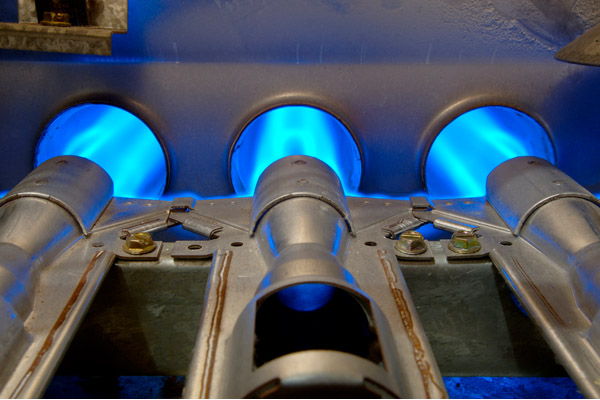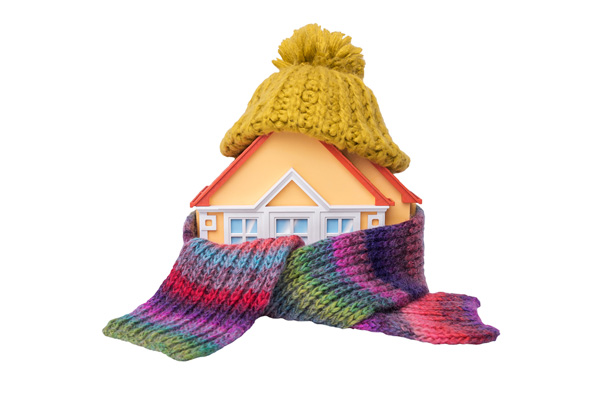What Is The Difference Between A Furnace And Heat Pump?

Having an environment that can keep you safe and warm from the extreme cold is absolutely necessary during the winter. For this reason, many homeowners want to invest in the best type of heating system to meet their needs. Generally, there are two very popular choices – the furnace and the heat pump. Initially, you might find it rather difficult to choose just one solution. To help you decide, you will need to look at the features, capabilities, pros, and cons of furnace vs. heat pump systems.
What Is The Difference Between A Furnace And Heat Pump?
Contents
In this article, we discuss the differences between a furnace and a heat pump.
What Is A Heat Pump? Heat Pump Definition
A heat pump is a type of HVAC equipment that transfers heat instead of generating it. Heat pumps typically have a source of heat from which thermal energy is produced. The heat is then moved to a thermal reservoir, which is a type of thermodynamic system where heat is stored and distributed from. A heat pump has four major components – the condenser, the evaporator, the compressor, and the expansion valve.
Heat pumps use an external source of power to transfer energy. They use heat from outdoors, then combine refrigerant and electrical power to heat up the air before distributing it throughout a home. Essentially, they work in the same manner as air conditioners but in reverse. During the hot months, however, heat pumps can also be used to cool your home, a capability that makes them highly versatile.
What Is A Furnace?
A furnace is an oil- or gas-fired heating equipment that generates heat. It is also known as a ducted forced warm-air distribution system because it uses a duct system to transfer and distribute warm air to different rooms. Heated air is released through grills or registers.
A furnace requires a source of heat, such as flames. The flames heat up the heat exchanger, and heat is transferred to the air. The air is then pushed by a furnace fan and forced through to the heat exchanger. Harmful by-products of combustion are disposed of through the flue pipe.
Heat Pump: Pros & Cons
Heat pumps do not require as much maintenance compared to other types of combustion-based heating systems. Of course, these will still require a yearly inspection. However, as long as the system is maintained well, it will remain reliable. Heat pumps are also efficient at converting energy to heat, reducing the amount of carbon emissions released. They also have a cooling function, making them very useful during the summer months. Heat pumps can remain reliable for many years, with the average lifespan of a unit lasting for as long as 12 to 15 years of regular use.
In terms of disadvantages, heat pumps tend to carry high price tags and you will have to spend more for installation by a heat pump installation company. Heat pumps are also more difficult to install compared to furnace systems. They run on electricity and may require special planning permissions. Heat pumps are also susceptible to damage due to extreme weather. They do not perform as well in frigid temperatures, which means they could pose a problem for homes located in areas that experience very cold weather. If your home uses a heat pump, you will have to install a backup heat source in case of an extreme temperature drop.
Furnace: Pros & Cons
Homes that use furnace systems generally run on heating oil and gas. Furnace systems are also easy to install and relatively inexpensive. Furnace repair and replacements also tend to be affordable. Furnaces heat up quickly, which means you could potentially save on power over the long term. They also produce even and constant heat – an important aspect during very cold winters.
On the downside, a gas-fueled furnace system increases certain risks to your health and well-being. These risks include fire, carbon monoxide poisoning, and explosions. Electric furnaces also consume a lot of energy, which can put a serious dent on your budget. Furnace systems are only capable of providing heat. Unlike heat pumps, they cannot produce cool air. If you require cooling equipment for the hot months, you will have to install a separate air conditioning system for your home.
Since they use fans to move heated air, they also tend to be noisy. Additionally, they can also blow and distribute particulates throughout the house if the homeowner does not replace the HVAC filter when necessary.

Conclusion
Knowing the difference between a furnace and a heat pump will help you weigh your options carefully. Consider the design and structure of your home, your budget, and your long-term needs. If you need more advice, call your local HVAC installation company to discuss what the better option is for your home. Professional advice is useful in clearing up any misconceptions you may have and to ensure that your expectations are met.
Call Point Bay Fuel For Your Home Heating & Cooling Requirements

Point Bay Fuel offers superior heating and cooling services in the area. We hire the best NATE certified technicians who can provide you with excellent HVAC tune-ups, repairs, installations, and replacements. Each of our techs has the knowledge and experience to service your HVAC system correctly.
Point Bay Fuel guarantees the most competitive heating and cooling service costs in the area. If you happen to need an HVAC replacement system, we can recommend the best one for your home while staying within your budget. As always, we prioritize energy efficiency, comfort, indoor air quality, and more. To schedule an appointment, give Point Bay Fuel a call today for a free, in-home estimate.
Contact us now by calling (732) 349-5059 to speak to one of our home comfort specialists!
